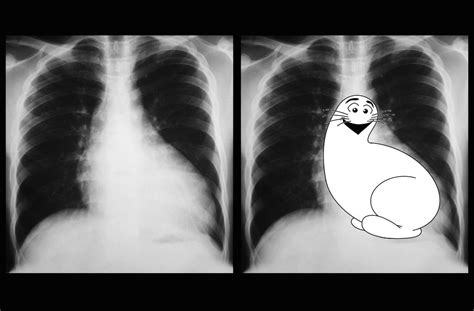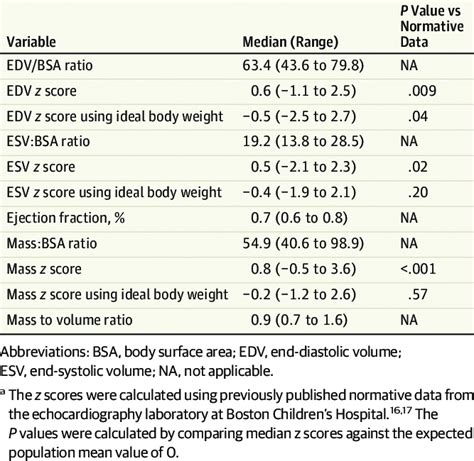lv enlargement | normal left ventricular size lv enlargement The parasternal long axis and apical four-chamber views on transthoracic echocardiography are often the primary views used to gain both a qualitative and quantitative appreciation of left ventricular enlargement. .
Nevada Resident Discount Tickets. Local Fare is $1. Discount tickets for Nevada residents are available at all of the Monorail’s customer service ticketing offices upon presentation of your valid Nevada driver’s license, State of Nevada government-issued identification card or Nevada Sheriff Card. Local fare is $1 per ride.
0 · shmoo sign
1 · normal left ventricular size
2 · left ventricular hypertrophy symptoms
3 · left ventricular hypertrophy on ct
4 · left ventricular enlargement x ray
5 · left ventricular enlargement symptoms
6 · left ventricular enlargement
7 · left ventricular dilation vs hypertrophy
7:30 PM. 2 people. Let’s go. Book for dinner. View all. The Bedford by Martha Stewart - Paris Las Vegas. 2656 reviews. American $$$$ The Strip. Booked 49 times today. 8:00 PM +1,000 pts. 8:30 PM +1,000 pts. Nobu - Paris Las Vegas. 1045 reviews. Japanese $$$$ Paris Hotel and Casino. Booked 72 times today. 7:45 PM. 8:00 .
Left ventricular hypertrophy is thickening of the walls of the lower left heart chamber. The lower left heart chamber is called the left ventricle. The left ventricle is the heart's main pumping chamber. During left ventricular hypertrophy, the thickened heart wall can become stiff. Blood pressure in the heart . See moreLeft ventricular hypertrophy usually develops gradually. Some people do not have symptoms, especially during the early stages of the condition. Left ventricular hypertrophy itself doesn't cause symptoms. But symptoms may occur as the strain on the . See more
Anything that puts stress on the heart's lower left chamber can cause left ventricular hypertrophy. The lower left chamber is called the . See moreLeft ventricular hypertrophy changes the structure of the heart and how the heart works. The thickened left ventricle becomes weak and stiff. This prevents the lower left heart . See moreThings that increase the risk of left ventricular hypertrophy include: 1. Age.Left ventricular hypertrophy is more common in older people. So is . See more The parasternal long axis and apical four-chamber views on transthoracic echocardiography are often the primary views used to gain both a qualitative and quantitative appreciation of left ventricular enlargement. .
Left ventricular hypertrophy (LVH): Markedly increased LV voltages: huge .
Overview. Left ventricular hypertrophy Enlarge image. Left ventricular hypertrophy is a thickening of the wall of the heart's main pumping chamber, called the left ventricle. This thickening may increase pressure within the heart. The condition can .
The parasternal long axis and apical four-chamber views on transthoracic echocardiography are often the primary views used to gain both a qualitative and quantitative appreciation of left ventricular enlargement. Features include 4: increased left ventricular internal end-diastolic diameter (LVIDd) Left ventricular hypertrophy (LVH): Markedly increased LV voltages: huge precordial R and S waves that overlap with the adjacent leads (SV2 + RV6 >> 35 mm). R-wave peak time > 50 ms in V5-6 with associated QRS broadening. Left ventricular hypertrophy, or LVH, is a term for a heart’s left pumping chamber that has thickened and may not be pumping efficiently. Sometimes problems such as aortic stenosis or high blood pressure overwork the heart muscle.
To diagnose left ventricular hypertrophy, a healthcare professional does a physical exam and asks questions about your symptoms and family's health history. The care professional checks your blood pressure and listens to your heart with a device called a stethoscope. Left ventricular hypertrophy (LVH) is when the heart’s main pumping chamber, the left ventricle, becomes thicker and less able to pump blood efficiently. It usually develops because of.
Left ventricular hypertrophy, or LVH, is a term for a heart’s left pumping chamber that has thickened and may not be pumping efficiently. Sometimes problems such as aortic stenosis or high blood pressure overwork the heart muscle.
Left ventricular hypertrophy (LVH) is a condition in which an increase in left ventricular mass occurs secondary to an increase in wall thickness, an increase in left ventricular cavity enlargement, or both. Left ventricular hypertrophy (LVH) makes it harder for the heart to pump blood efficiently. It can result in a lack of oxygen to the heart muscle. It can also cause changes to the heart’s conduction system that make it beat irregularly (arrhythmia).
An enlarged or thickened heart — a condition doctors call left-ventricular (LV) hypertrophy — can lead to heart failure. It also may double the risk of dementia and cognitive impairment . Overview. Left ventricular hypertrophy Enlarge image. Left ventricular hypertrophy is a thickening of the wall of the heart's main pumping chamber, called the left ventricle. This thickening may increase pressure within the heart. The condition can .
The parasternal long axis and apical four-chamber views on transthoracic echocardiography are often the primary views used to gain both a qualitative and quantitative appreciation of left ventricular enlargement. Features include 4: increased left ventricular internal end-diastolic diameter (LVIDd) Left ventricular hypertrophy (LVH): Markedly increased LV voltages: huge precordial R and S waves that overlap with the adjacent leads (SV2 + RV6 >> 35 mm). R-wave peak time > 50 ms in V5-6 with associated QRS broadening.
shmoo sign
Left ventricular hypertrophy, or LVH, is a term for a heart’s left pumping chamber that has thickened and may not be pumping efficiently. Sometimes problems such as aortic stenosis or high blood pressure overwork the heart muscle. To diagnose left ventricular hypertrophy, a healthcare professional does a physical exam and asks questions about your symptoms and family's health history. The care professional checks your blood pressure and listens to your heart with a device called a stethoscope. Left ventricular hypertrophy (LVH) is when the heart’s main pumping chamber, the left ventricle, becomes thicker and less able to pump blood efficiently. It usually develops because of. Left ventricular hypertrophy, or LVH, is a term for a heart’s left pumping chamber that has thickened and may not be pumping efficiently. Sometimes problems such as aortic stenosis or high blood pressure overwork the heart muscle.
Left ventricular hypertrophy (LVH) is a condition in which an increase in left ventricular mass occurs secondary to an increase in wall thickness, an increase in left ventricular cavity enlargement, or both. Left ventricular hypertrophy (LVH) makes it harder for the heart to pump blood efficiently. It can result in a lack of oxygen to the heart muscle. It can also cause changes to the heart’s conduction system that make it beat irregularly (arrhythmia).

burberry mens ties ebay
burberry kilt ebay

8390 S Rainbow Blvd Ste 100. Las Vegas, NV 89139. Phone. (702) 550-4682. Hours. Mon. Tue. Wed. Thu. Fri. Sat. Sun. 10:30 am - 10:30 pm. 10:30 am - 11:30 pm. Useful to Know. Order Pickup. Order Delivery. View the Menu. ️ ️. Parking Available. Wheelchair Accessible. Kid Friendly. Dine-In. Delivery. Takeout. Accepts Credit Cards. Vegetarian .
lv enlargement|normal left ventricular size

























